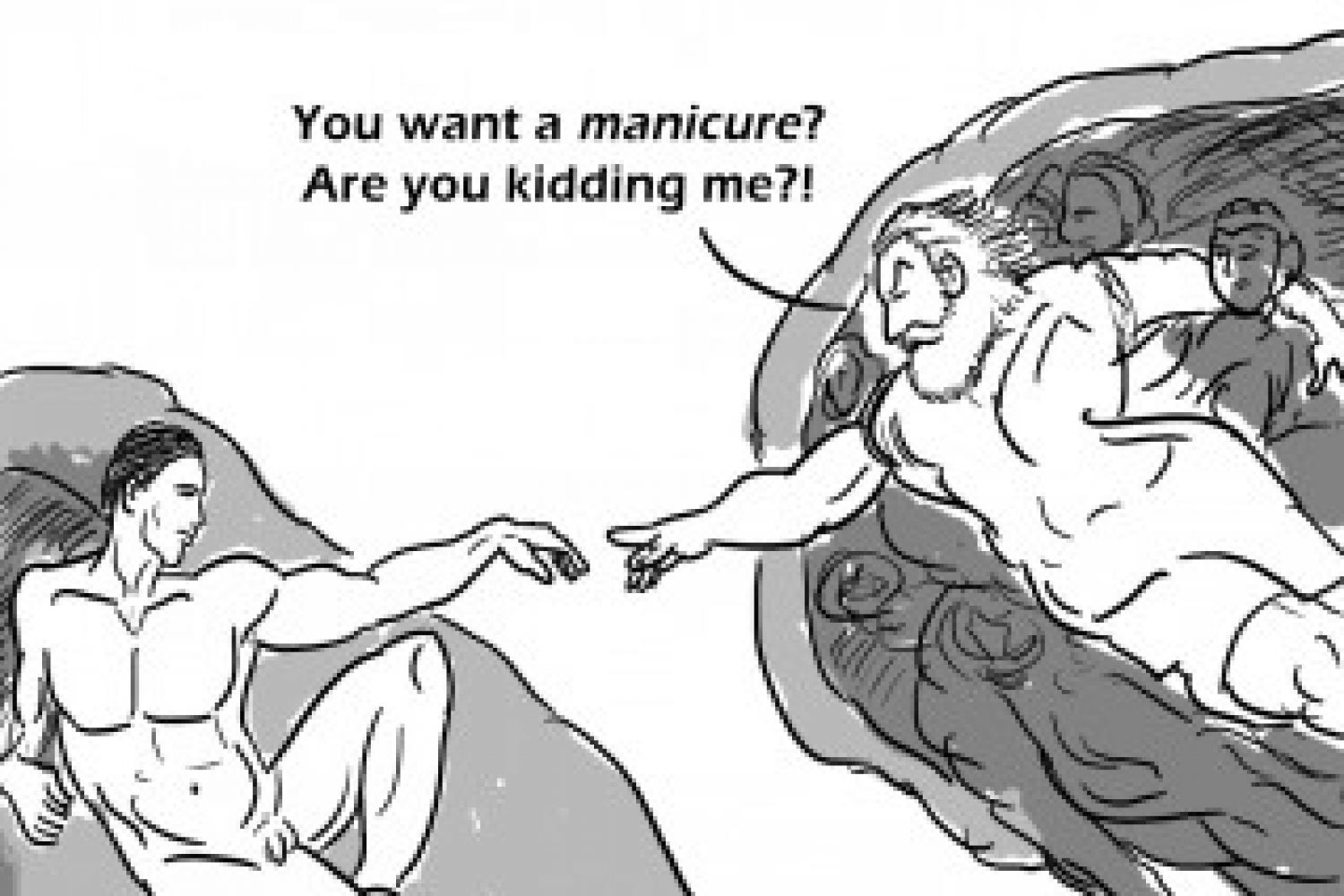
No writer in our times
has been as controversial as Salman Rushdie, no novel has set the impervious
Muslim orthodoxy so solidly against the liberal West as his sprawling,
rollicking, sad, exasperating, insightful novel, The Satanic Verses (1988). Death threats were made and the supreme
leader of Iran, the cleric Ayatollah Ruhollah Khomeini, issued a fatwa asking for
his head on February 14, 1989.
Why and how Rushdie
managed to alienate ultra-orthodox practitioners of Islam, a religion
o
Continue reading “Trapped in the twilight of reason”
Read this story with a subscription.





